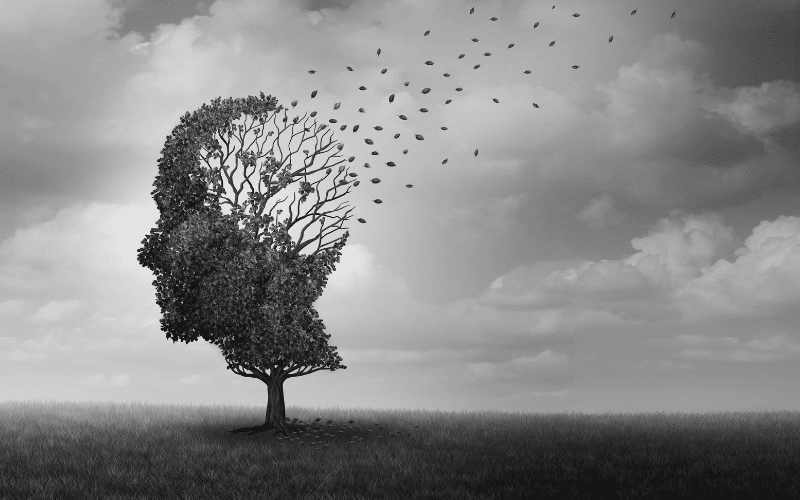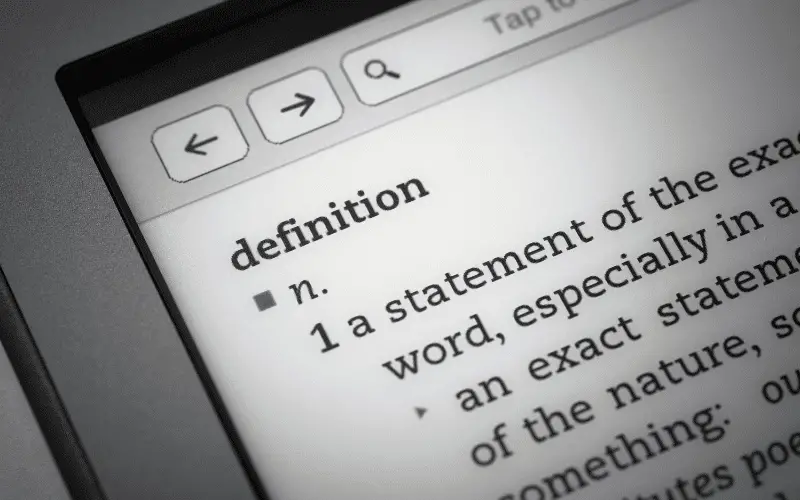Introduction: Establishing the Groundwork

The intricacies of the human mind are unparalleled. A fascinating yet challenging realm of study, the complexities become further convoluted when elements such as dementia and delusions come into the picture. Dementia refers to a collection of symptoms impacting memory, performance of daily activities, and communication abilities. Delusions, on the other hand, are fixed, false beliefs detached from reality.
The landscape of mental health has undergone significant changes over the years, with the burgeoning issue of dementia attracting increasing attention. As more research is undertaken to unravel the enigma that dementia is, it has become evident that delusions can be a prominent aspect of dementia, adding another layer of complexity to this already intricate condition.
Dementia is not a singular disease but a term encompassing several conditions exhibiting similar symptoms. These symptoms relate to cognitive decline, including memory loss, confusion, difficulty with language, and problem-solving. Alzheimer’s disease, vascular dementia, and Lewy body dementia are among the types that fall under the broad umbrella of dementia.
Delusions are part and parcel of numerous mental illnesses, such as schizophrenia. In the context of dementia, they are also seen in certain stages, contributing to the compound clinical picture. Consequently, although dementia and delusions are distinct concepts, they can coexist, leading to a more challenging scenario for care and management.
Dementia has emerged as a global health concern, with nearly 50 million people living with the condition worldwide. Alzheimer’s disease alone accounts for 60-70% of cases, emphasizing its widespread impact. Another critical fact is that up to 40% of individuals with Alzheimer’s disease experience delusions at some point, underscoring the significant intersection between these two mental health facets.
Understanding dementia and its associated delusions becomes even more crucial when considering the aging global population. With age being the most significant risk factor for dementia, the total number of people living with this condition is expected to reach 82 million by 2030 and 152 million by 2050. As we brace ourselves for this inevitable surge, comprehensive knowledge about dementia and the associated occurrence of delusions becomes indispensable.
In the following sections, we delve deeper into 15 crucial facts about dementia and delusions, aiming to shed light on their definition, distinction, prevalence, risk factors, clinical presentation, and management strategies. The objective is to offer insights that are helpful not only for patients and caregivers but also for healthcare professionals navigating this complex territory. As we explore these critical aspects, we invite you to join us in this enlightening journey to gain a better understanding of dementia and delusions.
Fact 1: Definition and Distinction

Dementia and delusions are two different but intertwined concepts in mental health. First and foremost, let’s clarify that dementia is a progressive neurological condition. It’s characterized by a decline in cognitive function. This decline affects various aspects of daily life, causing memory loss, confusion, and difficulty with language and problem-solving. This general term includes conditions like Alzheimer’s disease, vascular dementia, and Lewy body dementia.
Conversely, delusions are firm, fixed beliefs that aren’t rooted in reality. They are a common feature in many mental illnesses, including schizophrenia. But it’s also seen in certain types of dementia, particularly in the later stages. Thus, while they are not identical, dementia and delusions can coexist, often creating a complex clinical picture for healthcare professionals and caregivers to decipher.
Understanding these two conditions separately helps us to build a more comprehensive picture of the intersection between dementia and delusions. And as we delve deeper into these important facts, it’s crucial to note the substantial impact these conditions can have on an individual’s life.
Both dementia and delusions can significantly affect a person’s ability to carry out daily tasks, maintain relationships, and ensure their safety. The intersection of these conditions can lead to a more severe decline in an individual’s function and a more complicated care plan.(1)